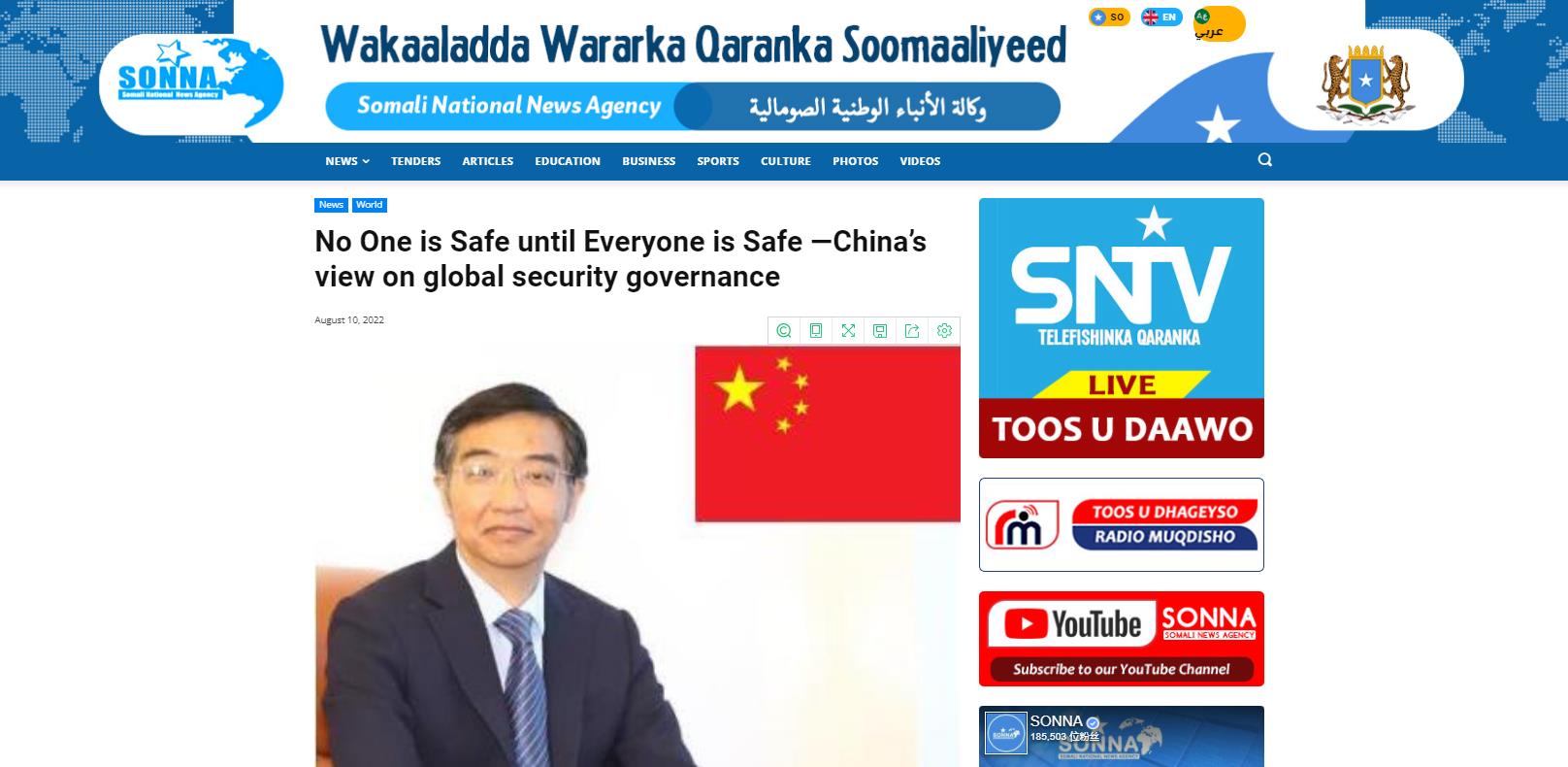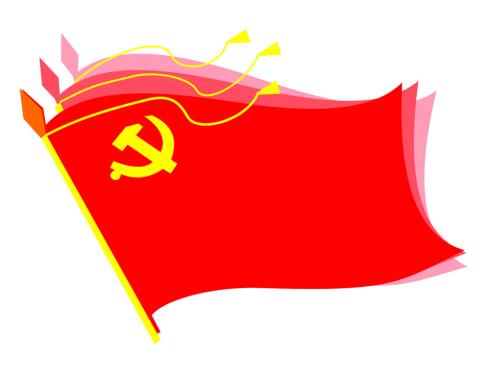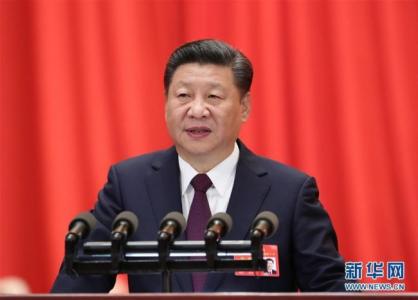On 4 August, 2022, Somali National News Agency (SONNA) released H.E. Ambassador Fei Shengchao's article titled "No One is Safe until Everyone is Safe——China's view on global security governance". Full text:

“Strengthen Solidarity and Coordination to Achieve Common Security” was the theme of the 2nd China-Africa Peace and Security Forum Ministerial Meeting held on 25 July a couple of weeks ago. Chinese President Xi Jinping sent a congratulatory letter to the forum, stressing that China and Africa are good friends, partners and brothers who always work in solidarity and stand together through thick and thin. The world is beset by global changes and a pandemic both unseen in a century. Various security threats are emerging one after another and human society is facing unprecedented challenges. Achieving lasting peace and universal security is a common aspiration of the Chinese and African people. China has always developed its relations with Africa, with a commitment to upholding the greater good in the pursuit of shared interests and under the principles of sincerity, pragmatism, affinity and good faith. China will work with African friends to adhere to the vision of common, comprehensive, cooperative and sustainable security, safeguard the international system with the United Nations at its core, uphold international fairness and justice, promote the implementation of the Global Security Initiative, and build a community with a shared future in the new era. Chinese State Councilor and Defense Minister Wei Fenghe addressed the forum, saying that China and Africa should uphold the spirit of China-Africa friendship and cooperation, follow through on the Global Security Initiative, deepen and substantiate China-Africa peace and security cooperation, and jointly build a security community. Somali Defense Minister Abdikadir Mohamed Nur attended the meeting and said that China-Africa security cooperation would strengthen regional and international peace and stability, to the benefit of humankind.
From June 20 to 21, the first China-Horn of Africa Peace, Good Governance and Development Conference was held in Addis Ababa, Ethiopia. Somalia, Ethiopia, Djibouti, Kenya, Uganda, Sudan, South Sudan sent high-level representatives to the conference. H.E. Xue Bing, Chinese Foreign Ministry Special Envoy for the Horn of Africa Affairs, was invited and addressed the meeting. The parties fully exchanged views on independently and jointly addressing regional security, development, governance and other challenges, and built important consensus in the joint statement issued after the meeting, including supporting multilateralism, opposing unilateral sanctions and external interference, and promoting the settlement of differences through dialogue and negotiation. At the beginning of this year, Chinese State Councilor and Foreign Minister Wang Yi put forward the Outlook on Peace and Development in the Horn of Africa during his visit to Africa, which was well-received from Horn of Africa countries. China always supports regional countries in independently resolving regional issues and has actively contributed its wisdom and efforts to regional peace and development. Thanks to the concerted efforts of both China and Africa, the success of the first peace conference of the region starts the implementation of the Outlook, which reflects the distinctive Chinese feature of honoring and delivering one’s words in a pragmatic and efficient manner in China-Africa cooperation.
Whilst China put forth the Outlook on Peace and Development in the Horn of Africa to support regional countries in addressing security, development and governance challenges, the reality before us is that the prevailing trend of peace and development is facing unprecedentedly serious threats. At present, the COVID-19 is still raging around the world, while the Ukraine crisis is escalating and spilling over, pushing up food and energy prices. Various traditional and non-traditional security threats and challenges are emerging and spreading around the world.
At this critical moment to world peace and development, President Xi Jinping proposed the Global Security Initiative (GSI), which gives explicit answers to questions of our times, such as what security concept the world needs and how countries can achieve common security, which provides important new perspectives and new solutions for global security governance. The GSI highlights the principle of undivided security, namely: (1) one’s own security and common security should not be divided. With the in-depth development of globalization, mankind is a community with a shared future. Only by following the trend of the times, and walking the walk on a security path featuring joint contribution, shared interests and win-win cooperation can we achieve long-term peace and security for ourselves and the world. (2) Traditional security and non-traditional security should not be divided. In addition to traditional security threats, the security challenges brought by terrorism, the COVID-19 pandemic, food and energy shortages are just as serious and even fatal. All countries need to strengthen cooperation, take holistic strategy to address both the symptoms and root causes, and comprehensively respond to traditional and non-traditional security issues. (3) Security rights and obligations should not be divided. Countries, big or small, strong or weak, rich or poor, all have the right to pursue their own security and at the same time ensure exercising this right should not put other countries under security threat. (4) Security and development should not be divided. Security is the premise of development, and development is the guarantee of security. Historical experience tells us that a chronic development deficit will inevitably turn into a security deficit. If security issues are not handled well, development achievements could be brought down to rubble overnight. Only by coordinating development and security can we achieve lasting peace and common prosperity.
In response to the crisis in Ukraine, all peace-loving nations, including China, are calling for a ceasefire and stopping conflict, helping deescalate the situation, providing humanitarian assistance, and creating conditions for peace to come back sooner rather than later. But some countries are still delaying and impeding diplomatic negotiations for geopolitical purposes. They have chosen to impose sanctions and send in weapons to add fuel to the fire and intensify confrontation. Rather than resolving the crisis, this has only expanded the conflicts and drastically raised food and oil prices. It has inevitably backfired in the economies imposing sanctions and seriously impacted the economy and people's lives in the vast number of developing countries. The crisis in Ukraine warns us in an uncomfortable way that in an interconnected and interdependent world, we would all suffer when others suffer. Facts have told it all that more sanctions and more weapons cannot bring peace, but will only add to the woes of the world economy reeling in the pandemic.
China believes that the more turbulent the international situation is, the more difficulties and challenges Africa faces, the more we must pay attention to the voices of African countries and increase our support and assistance to Africa. As a good brother of African nations, China will continue to stand with Africa, firmly support Africa in maintaining peace and security, firmly support Africa in achieving economic recovery, firmly support Africa in defending its legitimate rights and interests, and make due contribution to Africa's independence and sustainable development. China and Africa have always been a community with a shared future, and helping each other in security is one of the “five pillars” of China-Africa cooperation. In recent years, China has actively made proposals on African peace and security. In addition to the Outlook on Peace and Development in the Horn of Africa, among the “Eight major initiatives” between China and Africa reached at the 2018 Beijing Summit of the Forum on China-Africa Cooperation(FOCAC), there is implementation of “the Peace and Security Initiative”. Among the “Nine Programs” of the 8th Ministerial Conference of the FOCAC in 2021, there is “Peace and Security Program”. These initiatives and programs, which take into account the actual circumstances of Africa and reflect the needs of Africa, have given China and Africa a clearer and more specific road-map and construction drawing for jointly building a China-Africa community with a shared secure future. The continuously enhanced political mutual trust and increasingly close friendly cooperation between China and Africa have set an example of building a new type of international relations featuring openness and inclusiveness. All parties should abandon the Cold War mentality, opt for dialogue not confrontation, consultation not coercion, partnership not alliance, win-win approach not zero-sum game. Only in this way can we overcome the security dilemma and achieve universal security and common prosperity.
In May this year, the dust settled on Somalia’s presidential election, and the country turned a new page in pursuit of peace and development. President Hassan Sheikh Mohamud clearly stressed on his inauguration that improving security tops the priorities of the Federal Government, and Somalia is determined to be at peace with itself and the world. China and Somalia have a profound traditional friendship, and have always understood, respected and supported each other in the field of security in bilateral and multilateral contexts, in a joint effort to tackle various traditional and non-traditional security threats. The Chinese side will continue to work closely with the new Somali government under the leadership of President Mohamud to consolidate the traditional China-Somalia friendship, and continue to do what it can to support the Somali side in various fields including peace and security, contributing to the peaceful reconstruction of Somalia.
If the COVID-19 pandemic has taught us anything, that is no one will be healthier until everyone is healthy. Today when humanity shares a common destiny against a new security backdrop, no one is safe until everyone is safe, all will be safer when everyone is safe. This is exactly the vision of security China has advocated to the benefit of mankind.












